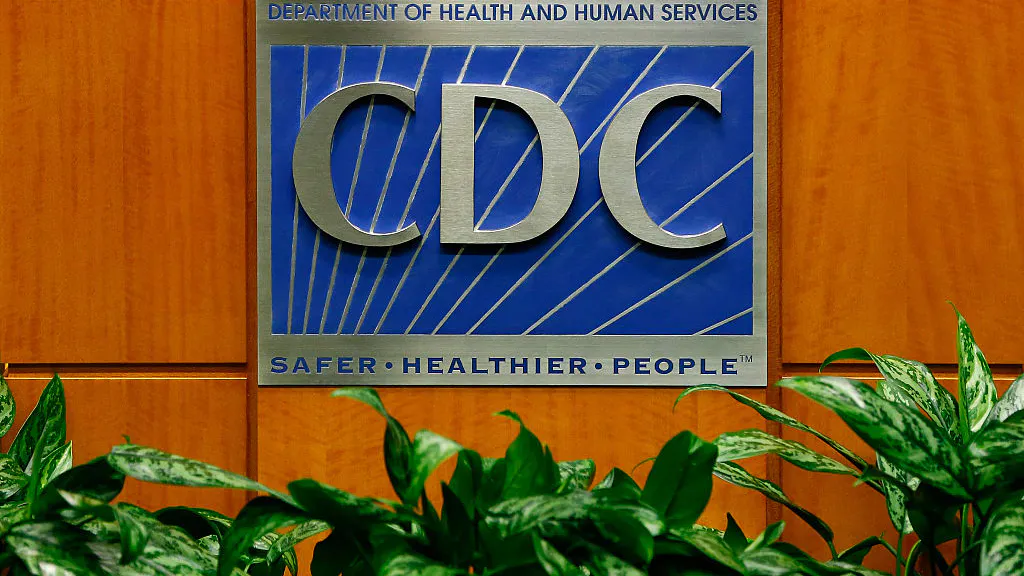A new study shows a significant amount of overlap between government and pharmaceutical jobs, leaving the government “vulnerable” to industry bias.
The study, published in Health Affairs, showed that over half of appointees to the Centers for Disease Control and Prevention and the Centers for Medicaid and Medicare Services left their government jobs to work in the pharmaceutical industry, which generally pays more. The study was conducted by the University of Southern California Schaeffer Center for Health Policy and Economics and Harvard University.
“Although there are understandable reasons for people to move between the public and private sectors, the study notes that such a revolving door could make government agencies more vulnerable to pro-industry bias,” the USC Schaeffer Center said of the project.
Overall, the study found that nearly a third of those appointed to the Department of Health and Human Services went straight from government work into pharmaceutical industry work. The authors, Genevieve Kanter of USC and Daniel Carpenter of Harvard, evaluated 766 HHS appointees.
“Of people appointed to the Department of Health and Human Services between 2004 and 2020, 15 percent had been employed in private industry immediately before their appointment. At the end of their tenure, 32 percent exited to industry,” an abstract of the study says.
They found no significant difference between party appointees leaving from government into the the pharmaceutical industry.
The revolving doors can lead to conflict because of the key roll that federal agencies play in approving new drugs and treatments.
“Laws passed by Congress get a lot of attention, but a lot of the real action actually happens at the regulatory level,” Kanter said. “Regulatory agencies can decide the fortunes of many companies.”
Kanter added that current law likely did not complete shield the government from bias, with only limited measures in place to prevent overlap.
CLICK HERE TO GET THE DAILYWIRE+ APP
“They do not broadly cover a lot of lobbying related to agency decision making – like regulations and drug authorizations – so they don’t necessarily deter that behavior,” she said. “The direction one might go is to expand the cooling off laws. But that’s a blunt instrument for a lot of subtle things that might be going on in terms of the effects of the revolving door.”
“What I am really concerned about is whether the personnel flow might lead to biases in government decision making,” she added.

.png)
.png)
.png)

